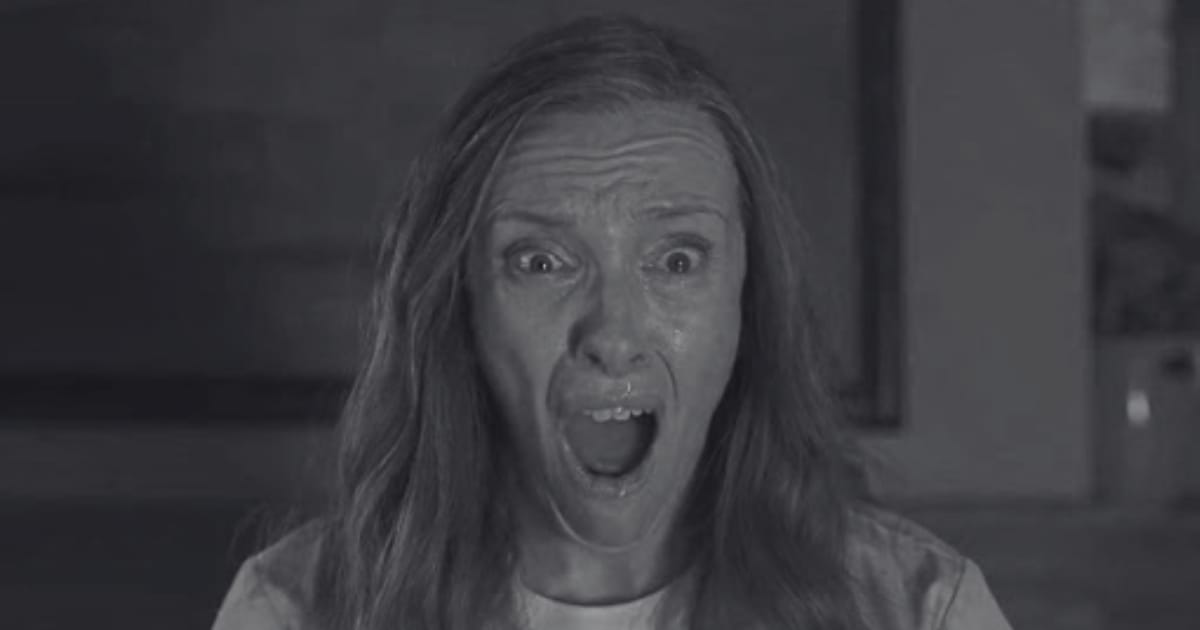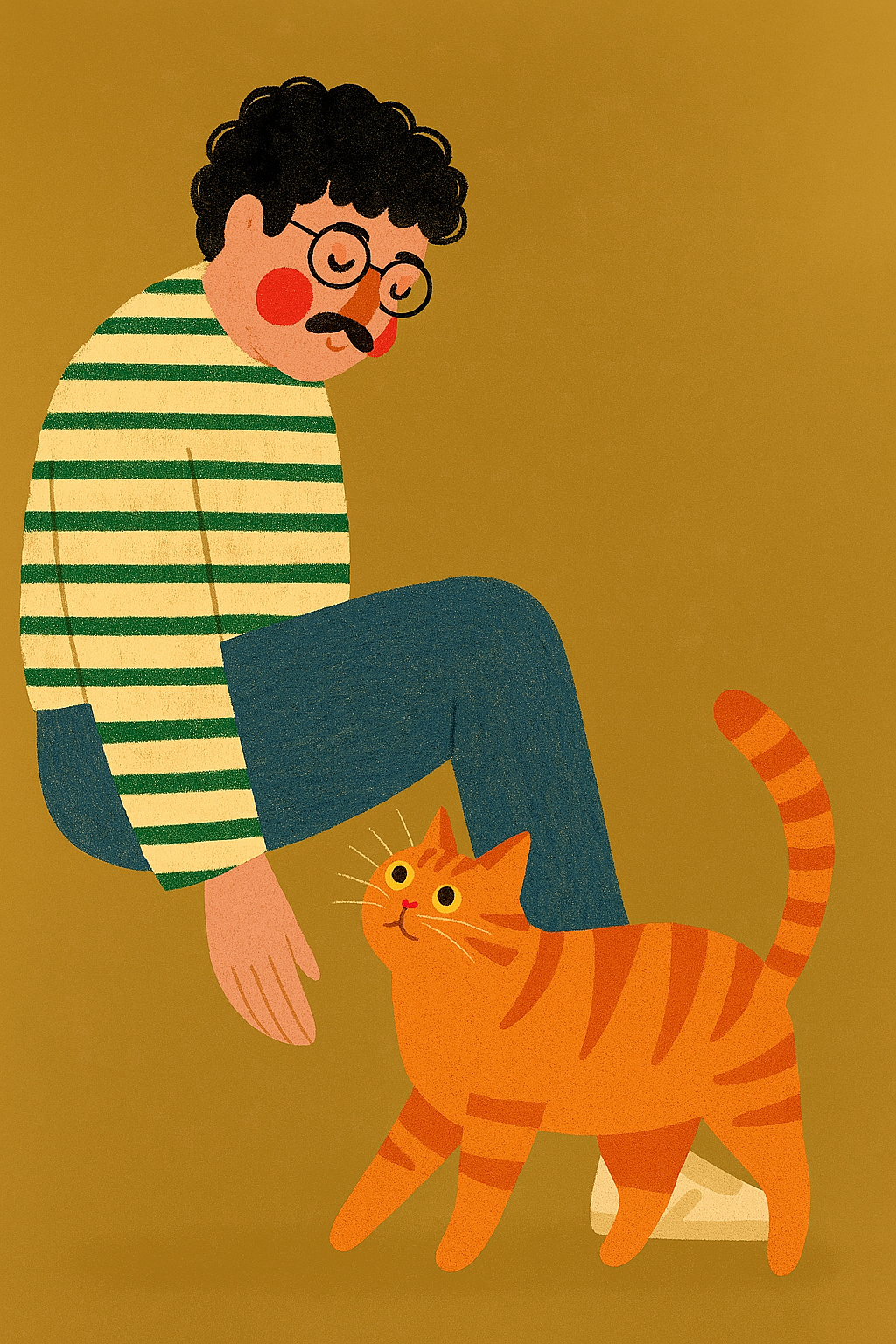Let’s not mince words: Toni Collette in Hereditary delivered one of the greatest performances in modern film history. Not “great for horror.” Not “great for genre.” Great, period.
And what did the Academy do? Absolutely nothing. No nomination. No acknowledgement. Just a silent shrug as if she didn’t carry an entire movie on her bloodied, grieving, bone-snapping back. It wasn’t just a snub. It was a cultural failure.
Collette plays Annie Graham, a woman unraveling under the weight of generational trauma, grief, and demonic influence. And she doesn’t just act—she descends. She gives us grief as something feral and bodily. It howls. It claws. It crushes her.
“Don’t you swear at me, you little shit! Don't you ever raise your voice at me! I am your mother! You understand? All I do is worry and slave and defend you, and all I get back is that fucking face on your face! So full of disdain and resentment and always so annoyed! Well, now your sister is dead! And I know you miss her and I know it was an accident and I know you're in pain and I wish could take that away for you. I wish I could shield you from the knowledge that you did what you did, but your sister is dead! She's gone forever!”
From the infamous dinner table breakdown—"I am your mother!"—to the suffocating silence of discovering her daughter’s death, to crawling across the ceiling in full supernatural agony, Collette never lets us breathe. She’s not just mourning. She’s grinding her soul into dust for us to watch.
This wasn’t a quiet, “elevated” horror performance that begged for prestige points. This was raw theatre, filmed through Ari Aster’s unblinking lens. It was layered, physical, terrifying, and deeply human.
Toni Collette gave us everything: the stifled mother, the artist hiding in sawdust and secrets, the woman eaten alive by guilt, the vessel for an ancient demon king. And the Academy gave her... nothing? Make it make sense.
“And what a waste... if it could've maybe brought us together, or something, if you could've just said "I'm sorry" or faced up to what happened, maybe then we could do something with this, but you can't take responsibility for anything! So, now I can't accept. And I can't forgive. Because... because nobody admits anything they've done.”
This isn’t just about Hereditary. It’s about horror—real horror—being consistently shut out by an institution too afraid to admit that its most affecting stories often come soaked in blood, screams, and shadows.
Horror performances are harder, not easier. They ask actors to go further, dig deeper, do more with less narrative safety net. And Collette did all that—and then levitated. If her work had been in a war film, a period drama, or even a prestige thriller, she’d have been swept into every award show without question.
You might not remember who won Best Actress in 2019. But you remember that sound Toni Collette makes when she finds Charlie’s body. You remember the dread in her voice as she tells her husband to burn the book. You remember her silhouette hovering in the corner of the ceiling, silent and monstrous. You remember because she embedded horror into your nervous system.
“When she got sick, not that she was really even my mom at the end, and not that she would ever feel guilty about anything. And I just don't want to put any more stress on my family. I'm not even really sure if they could... could give me that support. And I just... I just feel like... I just sometimes feel like it's all ruined. And then I realize that I am to blame. Or not that I'm to blame, but I am blamed.”
And that? That should have won a f**king Oscar.
Here’s the truth: Toni Collette doesn’t need a little gold statue to validate her work. But we needed the Academy to show they were paying attention. That they understood what they were witnessing. That they could recognise greatness, even when it came in the shape of a scream. They didn’t. And we won’t forget it.
Give horror the respect it deserves. Start with Toni.

